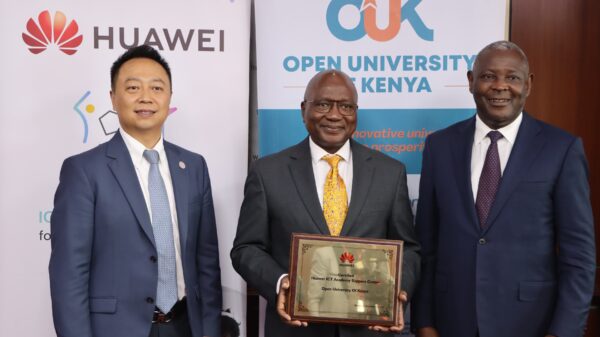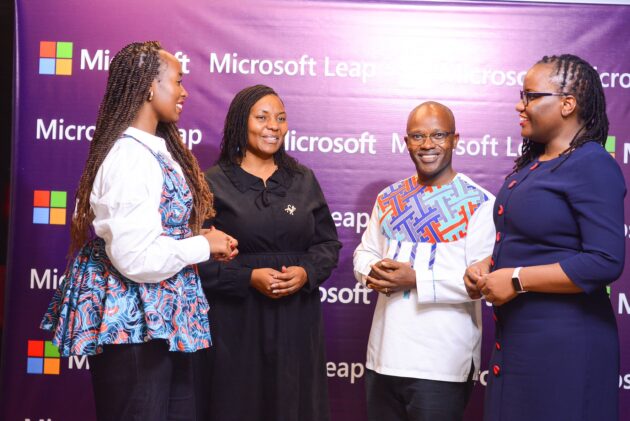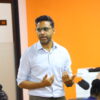NAIROBI, Kenya, July 5 – A total of 24 lecturers drawn from different universities have completed the Microsoft Africa Development Centre’s (ADC) intensive upskilling programme, which was launched in partnership with Microsoft Leap.
The 2nd cohort covered Zetech University, Kabarak, Multimedia University, Jomo Kenyatta, and St. Pauls University.
Others are Jomo Kenyatta University, Strathmore University, USIU, Dedan Kimathi University of Technology, and Meru University.
“We are delighted that all 24 lecturers who began the programme have graduated because it aims to improve faculty skills in teaching and research, as the world seeks to do more with the power of artificial intelligence,” Education Engagements Lead at Microsoft ADC, Irene Githinji, said.
“The programme’s impact can be felt in lecturers’ classrooms, universities, and beyond by fostering collaboration and innovation. Our overall educational goal is to create a strong pipeline of capable individuals who will help to advance Africa’s technology landscape,” Githinji added.
“There is no better way to accomplish this than to improve lecturers’ understanding of how the industry operates and what skills are required.”
The 12-week program introduced a new skillset for tutors, AI, which reflects the growing role of generative technology in everyday life, including the classroom.
The program also focused on software engineering fundamentals and 21st century learning design through a project-based learning approach that allowed participating faculty to earn Microsoft certifications.
Throughout the program, participating faculty members were assigned projects that combined AI, software engineering principles, and modern learning designs, allowing them to understand better how a developer team operates in practice.
This culminated in a project competition where the faculty was required to develop a solution that required an understanding of software development principles, artificial intelligence, and the considerations made by software engineers.
On his part, Peter Muturi, a programming lecturer at Multimedia University and graduate of the faculty upskilling programme, called for adopting technology in teaching and learning regardless of the study area.
“Through the programme, we have learned what the industry is looking for. It has allowed us to see that we might not have been preparing students adequately for the current market needs. It has shown us that we need to work with AI to enhance our productivity as lecturers and that of our students, rather than look at it as competition,” said Muturi.
The faculty skilling programme is part of Microsoft ADC’s larger mission to improve the tech talent pipeline, which includes initiatives such as campus tours, the Game of Learners competition for university students, and curriculum reviews for technology-related courses in universities.
ADC recently launched a cybersecurity skills enhancement initiative in collaboration with Cyber Shujaa to train students on cybersecurity fundamentals.
“Through our continued collaboration with the ADC, we’ve successfully delivered in-depth learning experiences for local faculty to help them thrive in our increasingly digital world,” Yolanda Natal-Santos, Director of Microsoft Leap, said.
“This program’s impact is two-fold: advancing individual careers while also strengthening educational institutions, ensuring they remain at the forefront of innovation.”
By Alvin Agufana








































